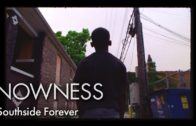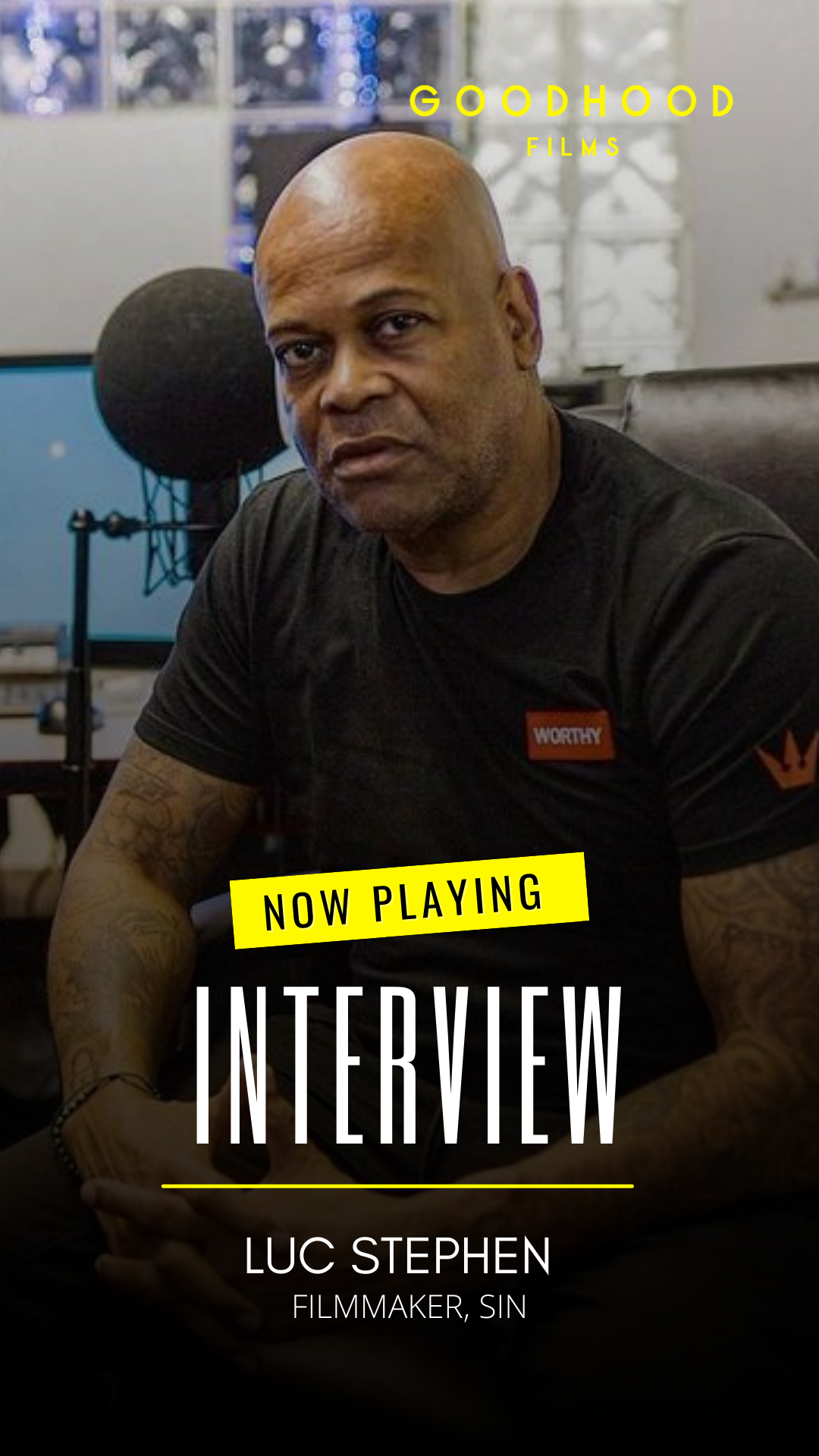Tereek — a young man trying hard not to reveal his lack of a home — is desperately looking for a bed for the night, texting friends in hopes that he can crash with them. But just when something comes through, he finds himself helping out Artie, a deaf-blind man waiting for a bus home.
The encounter is anything but straightforward, not only due to their differences in abilities but also their different temperaments and ages. But as Tereek helps Artie navigate a ride home, he learns to see the world through another perspective beyond his own — and broadening his horizons in the process.
Writer-director Doug Roland’s Oscar-longlisted short drama — executive produced by Marlee Matlin and in partnership with Helen Keller Services — is a deceptively simple narrative that takes place over one evening between two characters. But this chance encounter — captured with visual storytelling that’s both natural, unforced and still deftly crafted — uncovers riches of empathy, along with a profound revelation about how people can offer fellowship, help and care to one another, even in the simplest of ways.
With its themes of connection and empathy, the writing is economical and precise, laying down the story and character beats with pacing and care that keeps the audience interest moving forward while allowing key moments to breathe.
The power of this kind of humanistic drama rests on the excellent performances that audiences can relate to, and the film succeeds admirably in this department. Robert Tarango — the first deaf-blind actor to perform in a film — plays Artie with plenty of warmth, intelligence and humor to draw in Tereek. His character is not just about the difficulty of his difference, though. His deafness and blindness enable a certain way of being in the world, one where he must trust in the world, accepts obstacles and opportunities with equanimity and enjoys the everyday pleasures and people that life gives him.
Tereek in turn learns these lessons as well, as he helps Artie with the task of getting to the right bus. Tereek’s circumstances are established upfront in subtle but unmistakable ways: he has no home, and he’s trying to hide this. As a result, he’s guarded and rootless, and while he can joke around with friends, he’s not truly carefree, since he’s weighed down by anxiety about where he’s going to sleep at night. Telling details capture this inner tension: he wolfs down his food while his friends leisurely nibble at it, for example.
Actor Steven Prescod’s subtle yet precise performance captures Tereek’s arc as a young man unmoored, looking out for himself because he has to. And that might cost him his humanity, especially when he snarls at a homeless man visibly less well-off than himself. But as he helps Artie move through the world, he takes on Artie’s perspective and becomes his “brother’s keeper,” opening him up in both feeling and sensibility at a juncture in life where he may close himself off permanently.
Openhearted and authentic, “Feeling Through” was inspired by the director’s encounter with a deaf-blind man, which likely inspires the deep sense of tribute and affection that imbues the storytelling with its warmth and sympathy. In a world and time in history more isolated than ever, this heartfelt short has an unexpected resonance, reminding us of a simple yet profound truth that we sometimes are in danger of forgetting. We are here to help and hear one another, to feel more and see beyond ourselves. In doing so, we enlarge the scope of our lives, widen our horizons and expand our hearts.





